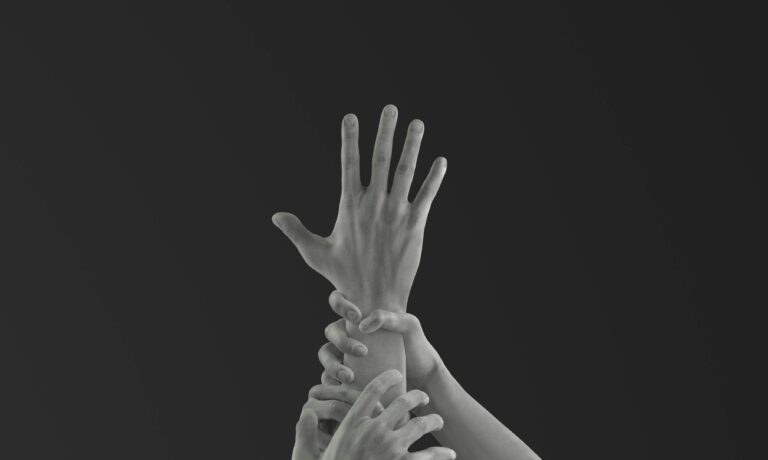Rights-Based Medicine in Africa – Phase 2
A program to provide access to specialized surgical care and professional training in Sudan and Uganda.
Starting date
1 January 2025Duration
12 monthsRealized by:
“Emergency – Life Support for Civilian War Victims” ONG ONLUSObjectives
Ensure equitable access to pediatric and cardiovascular surgeries while strengthening post-operative follow-up services and managing chronic conditions across at least 15 African countries.
Promote practical training for medical professionals through structured programs and professional development pathways for healthcare workers, fostering regional referral networks and enhancing medical skills on the ground.
The project addresses the severe lack of access to specialized surgical care in Africa, focusing on equitable healthcare. Through EMERGENCY’s Centers of Excellence—the Children’s Surgical Hospital (CSH) in Uganda and the Salam Centre for Cardiac Surgery in Sudan—the initiative provides life-saving services to vulnerable populations while promoting regional healthcare collaboration and training programs.
The project’s activities are twofold: delivering specialized care and strengthening regional referral and training networks.
In Uganda, the CSH will offer outpatient consultations, surgical interventions, and comprehensive post-operative follow-up for pediatric patients under 18. Equipped with state-of-the-art facilities and a multidisciplinary team, the hospital aims to perform at least 1,000 surgeries during the project period.
In Sudan, the Salam Centre operates at reduced capacity due to the ongoing conflict. While regional admissions have been suspended, the center remains a critical resource for local patients who can access it independently.
The Regional Program extends the project’s impact to at least 15 African countries through screening missions, identifying pediatric patients for surgeries, conducting follow-ups, and distributing medications to cardiac patients who have already undergone procedures.
Medical Training is a cornerstone of the initiative, offering hands-on training to Sudanese and Ugandan trainees. Professional development pathways for Sudanese staff were initiated immediately after the outbreak of the war to support professionals during this challenging time while advancing their careers within the organization. Currently, five Sudanese doctors are employed in Afghanistan, Sierra Leone, and Uganda.
In Uganda, EMERGENCY has also partnered with the College of Surgeons of East, Central, and Southern Africa (COSECSA) to host rotating surgical trainees at the CSH. The agreement involves hosting one surgical trainee every three months.
A total of 3,468 individuals—including patients and African healthcare professionals receiving specialized training—will benefit from the project.



